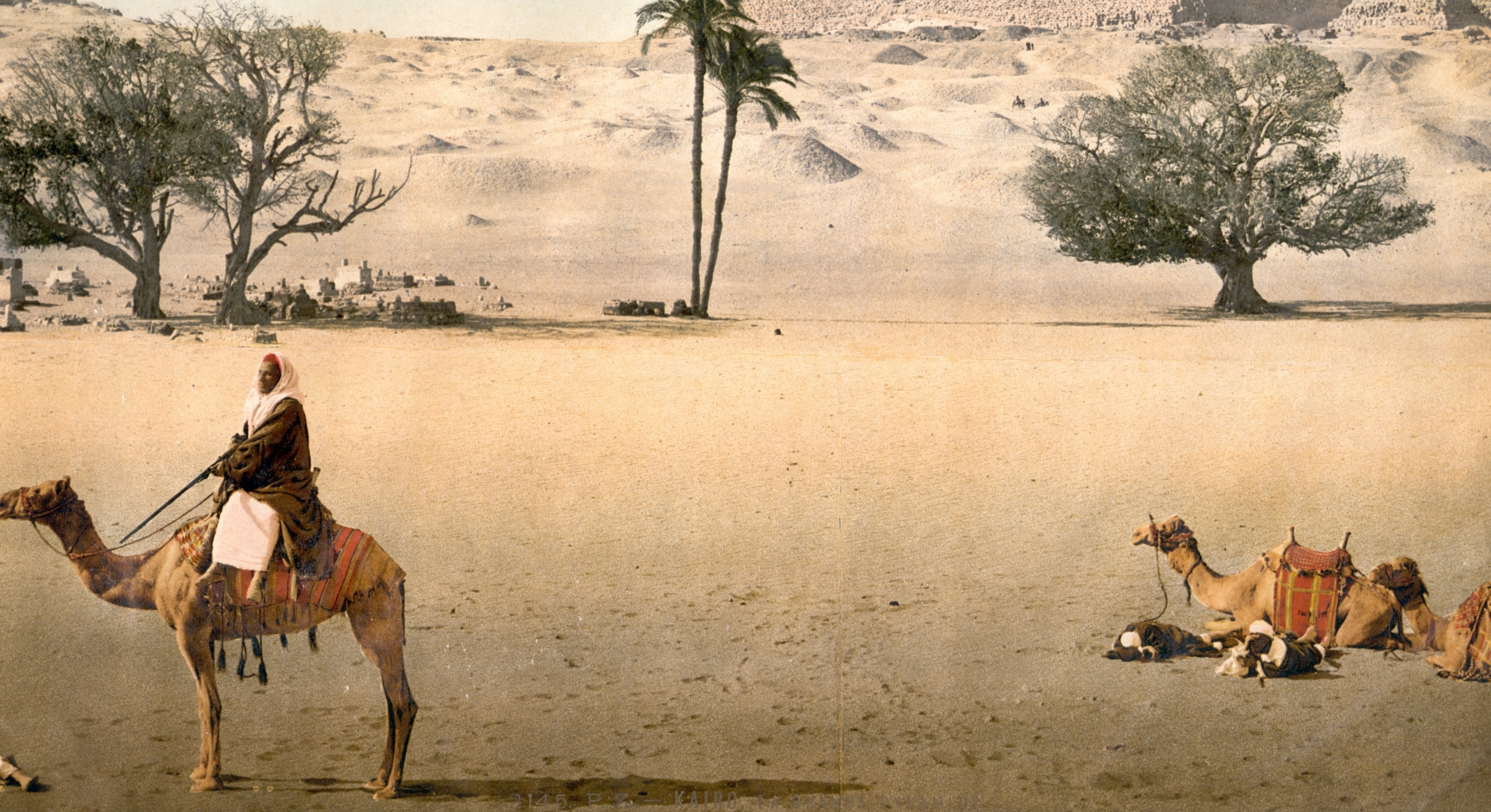The Station of Ibrahim (Maqam Ibrahim), the Place He Was Ordered to Sacrifice His Son (Manhar), and Which Son He Was Ordered to Sacrifice
Answered by Shaykh Gibril Haddad
Question: As Salaamu’ Alaikum. I need clarification on something. After performing umrah and/or hajj it is recommended to make salaat at the “Ibrahim station”. It was my understanding that it was here that God commanded Prophet Ibrahim to sacrifice his son (Ezaq/Isaac) but stayed his hand because of his obedience. Are the two rakahs of salaat there only a SYMBOL of recognition or did it actually happened in that location (near the ka’bah)?
I’ve watched two documentaries on Islamic history where it discusses the Dome of the Rock in Jeruselem and a mount. One documentary states the former where Prophet Ibrahim was to sacrifice his son. Another one states more specifically that it was atop Mount Moriah. From my knowledge of “Christian” and Islamic sources, this occured only once in Ibrahim’s history, can you clarify this for me? Basically did it actually happen in Jeruselem or in Mecca?
Answer: Wa `alaykum as-Salam wa rahmatullah,
Maqam Ibrahim (Station of Abraham) is the location of the stone our liegelord Ibrahim (upon our Prophet and him blessings and peace) used as a ladder when building the Kaaba; or the stone that he stood on when calling people to Hajj. Performing the ritual prayer here is extremely virtuous.
The manhar or “place of sacrifice” where our liegelord Ibrahim was going to sacrifice his son was Mina as narrated in al-Tabari, al-Qurtubi and elsewhere.
Furthermore that son was more likely our liegelord Isma`il rather than Ishaq (upon them peace) as the sequence of events shows in Surat al-Saaffaat: first the prayer of Ibrahim for a son (37:100), then the “glad tidings of a gentle son” (37:101), then the dream commanding his sacrifice (37:102), then the sacrifice (37:103), then its staying and reward (37:104-111), and only then the tidings of another son, named Ishaq verbatim (37:112). The coordination of “AND we gave him the glad tidings of Ishaq” presupposes differentiation in meaning (mughayara bil-ma`na) otherwise there would be repetitiveness and thus absurdity which is precluded: it does not make sense that Allah should say: “We gave him glad tidings of Ishaq and then We gave him glad tidings of Ishaq.”
The above reading is further confirmed in the naming of the son announced to Ibrahim and Sarah in Surat Hud as “Ishaq, and after Ishaq, Ya`qub” (11:71) so it would be absurd that Ishaq should be the one slaughtered in childhood since Ibrahim knew very well that he would have a descendant.
Yet another confirmatory sign for the above reading is that in the passages where we are sure the referent is Ishaq, Allah Most High used the terms “ghulamin `alim” a most knowledgeable child; whereas the passage of the sacrificial son states “ghulamin haleem” a wise and patient son, i.e. Isma`il. And Allah knows best.
